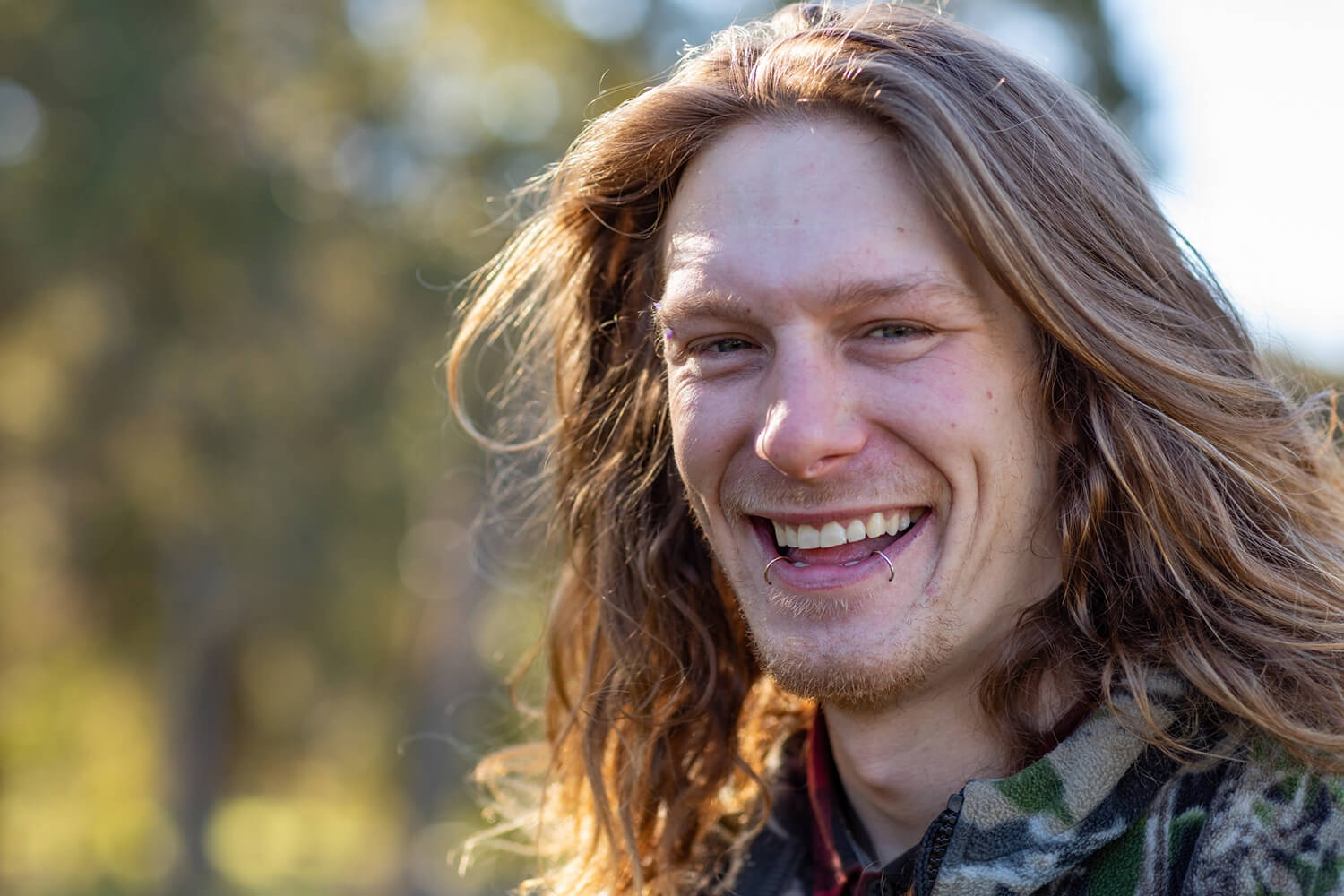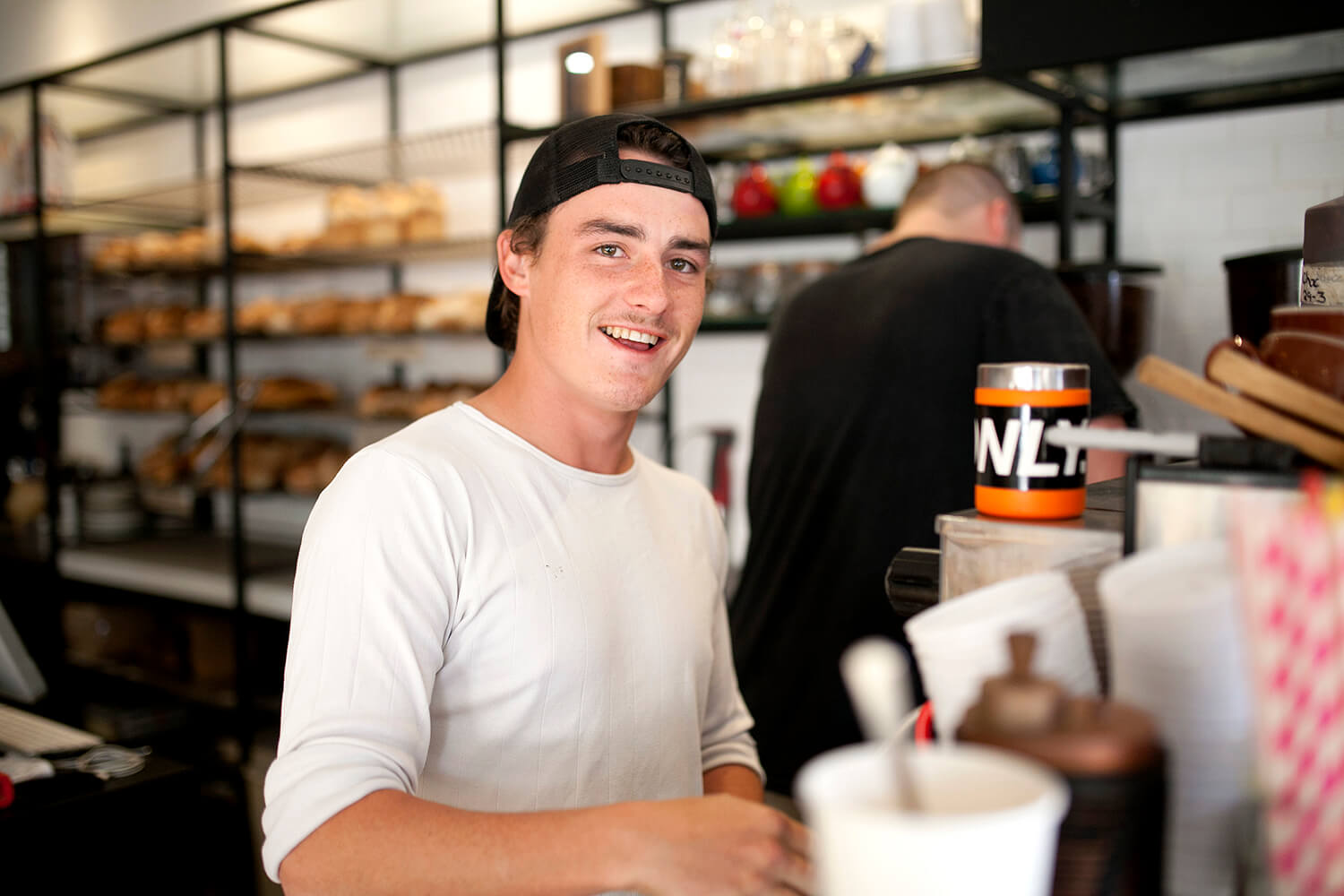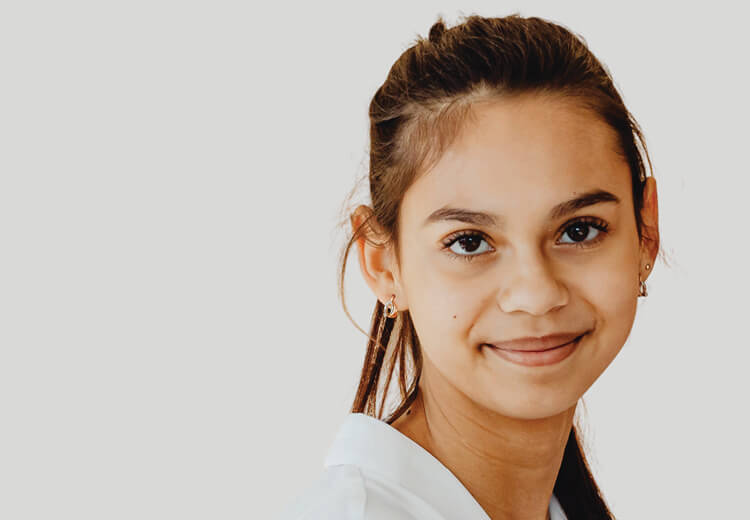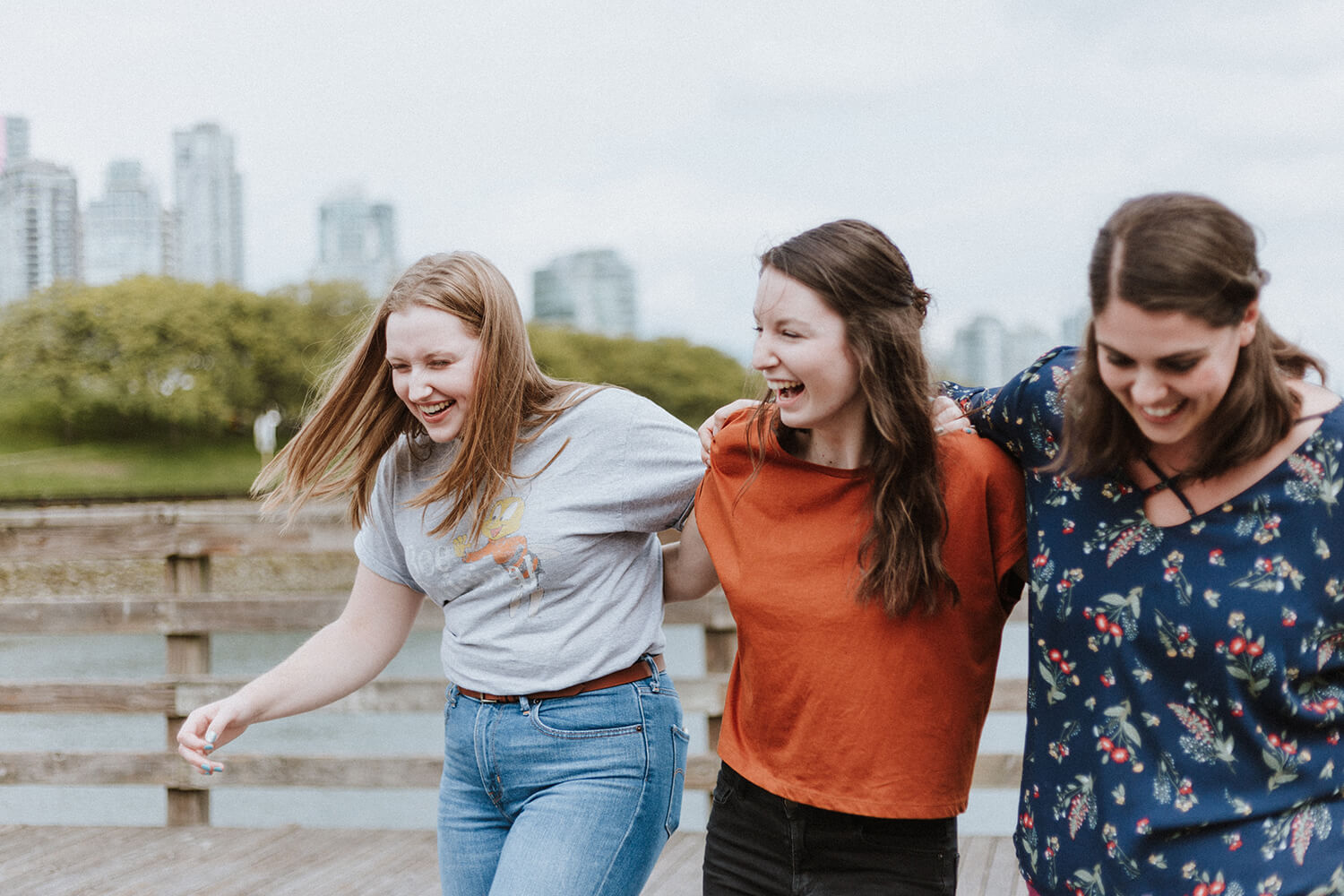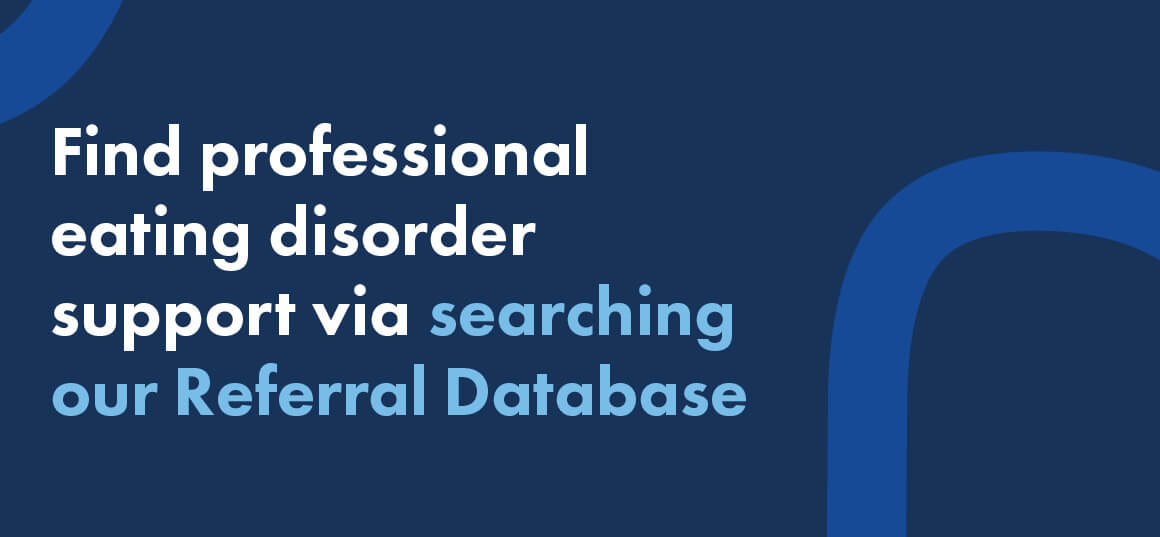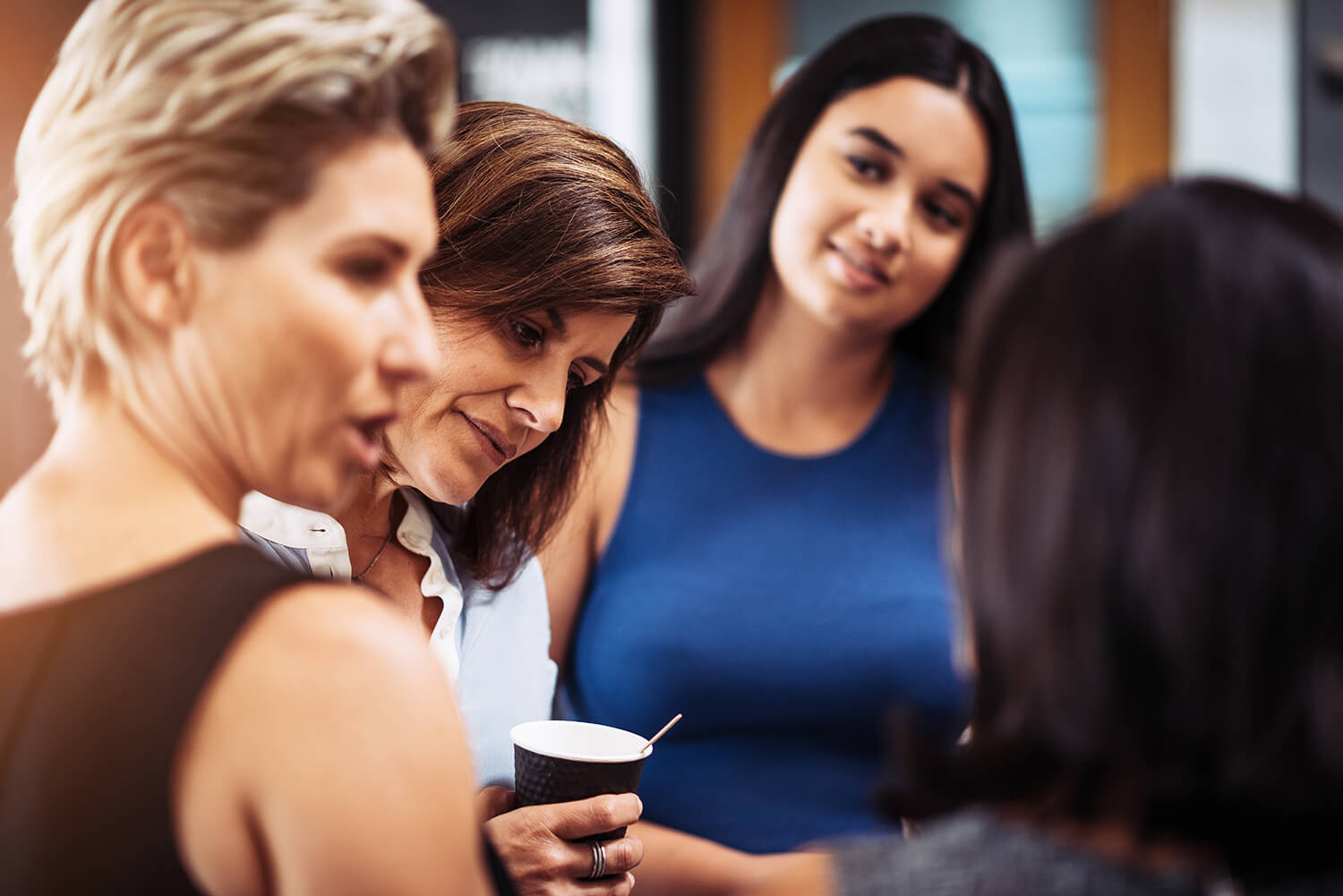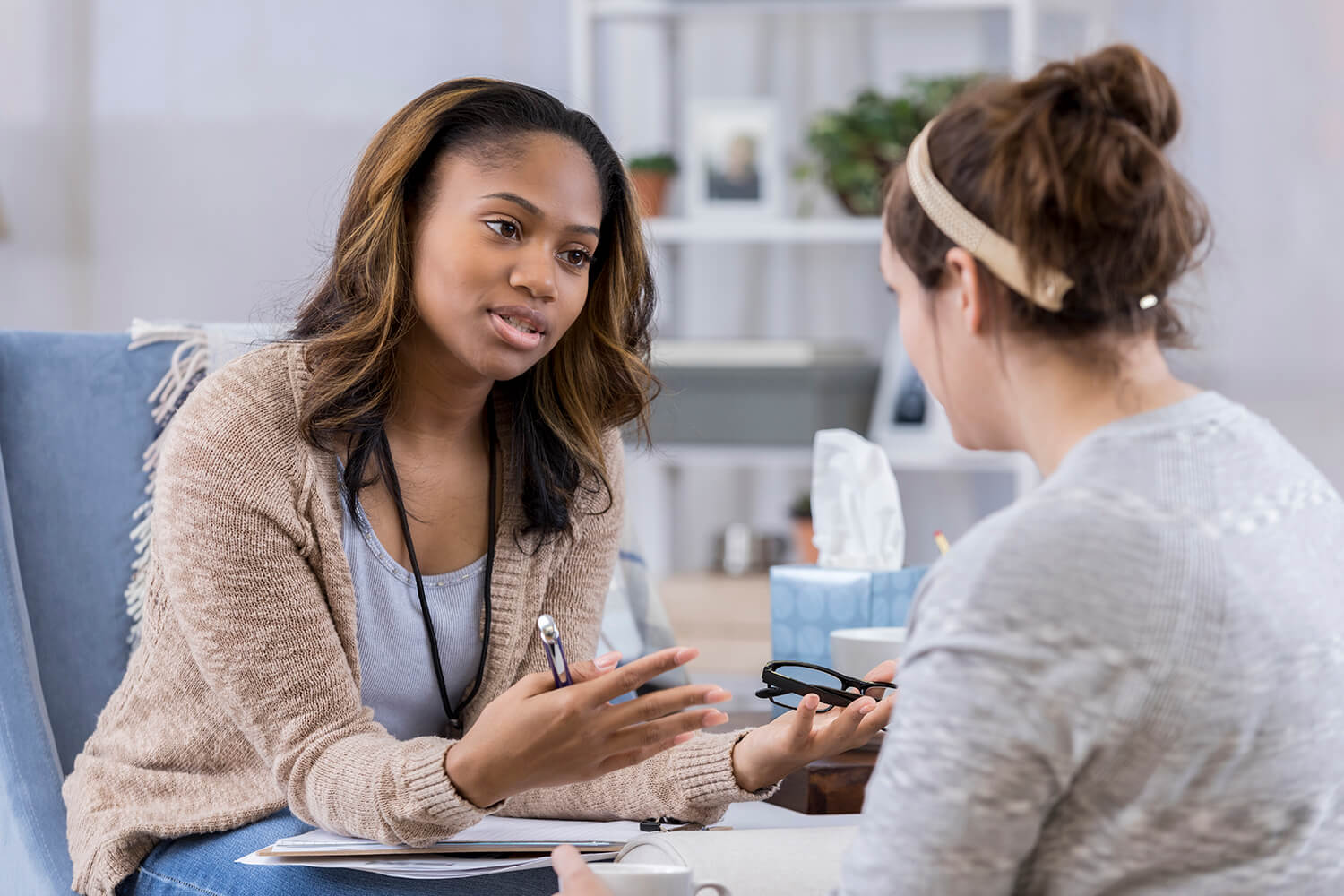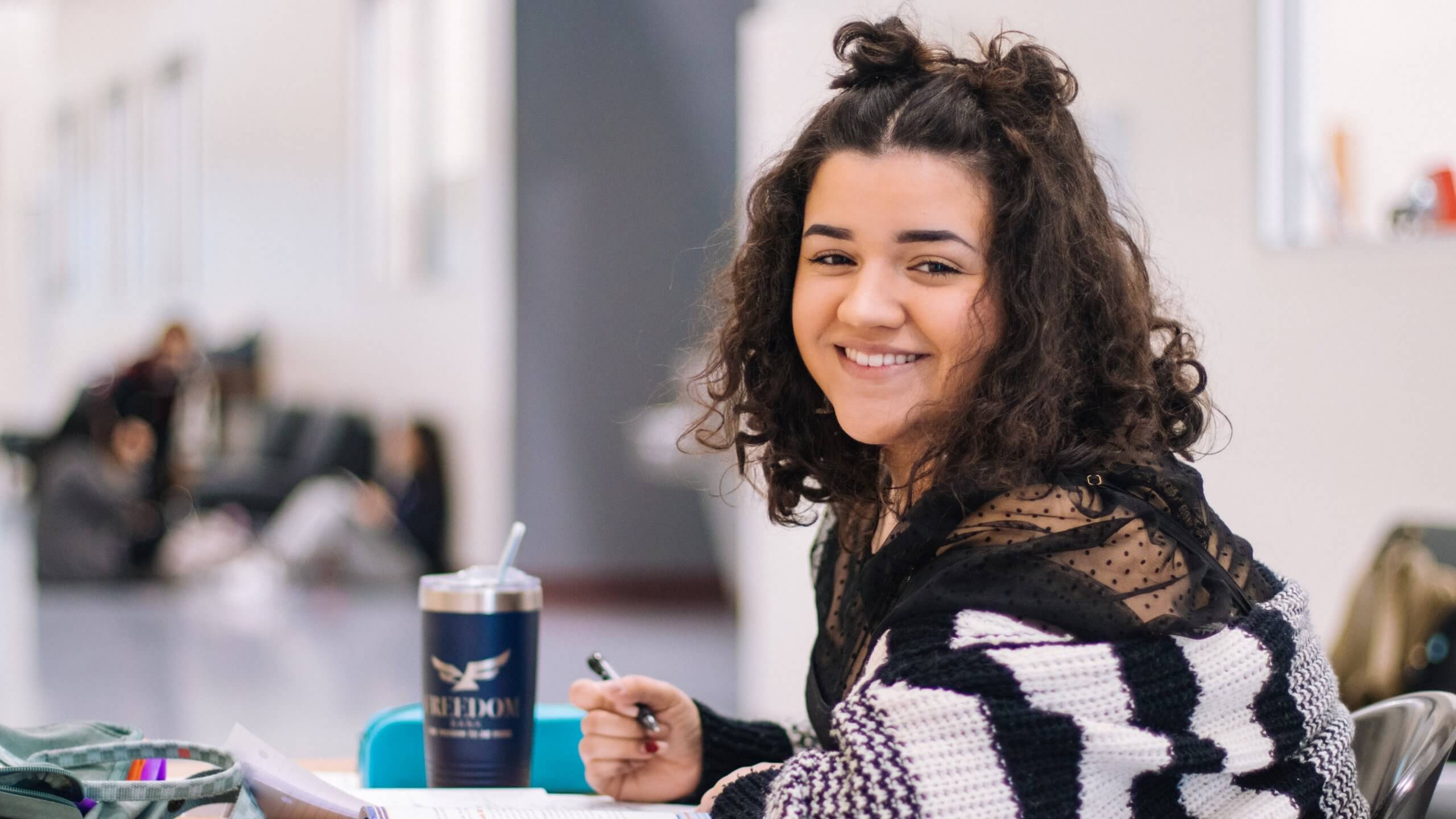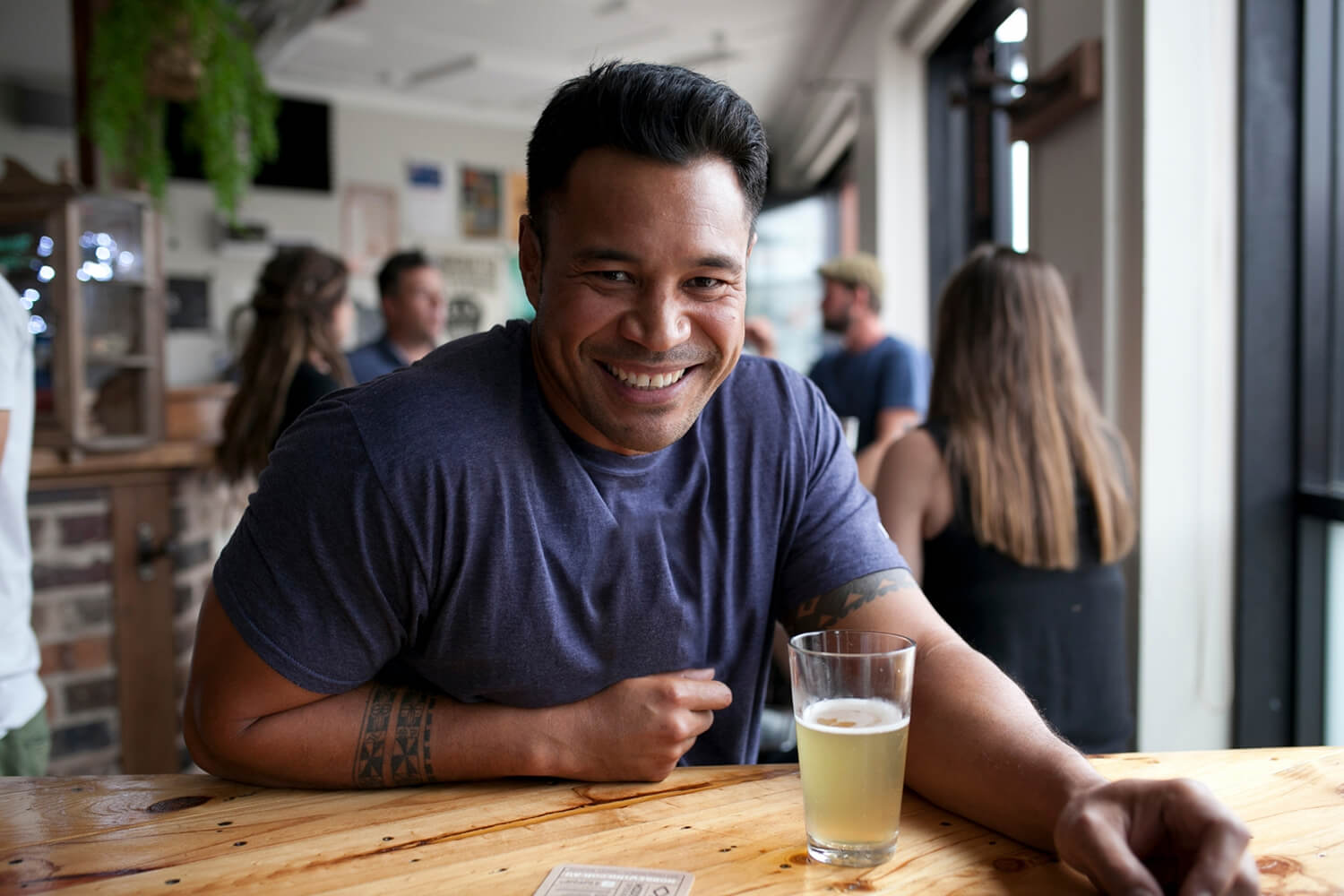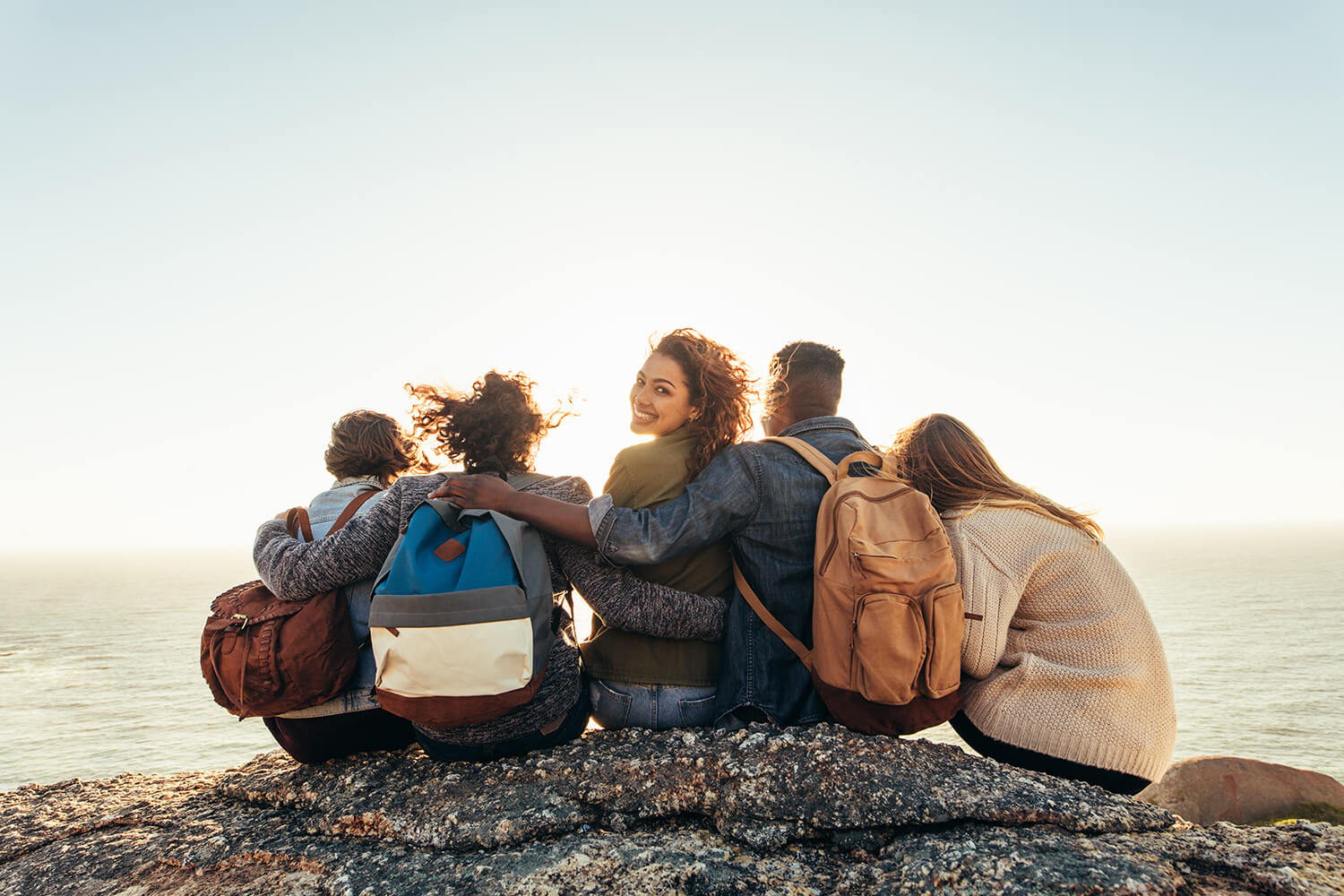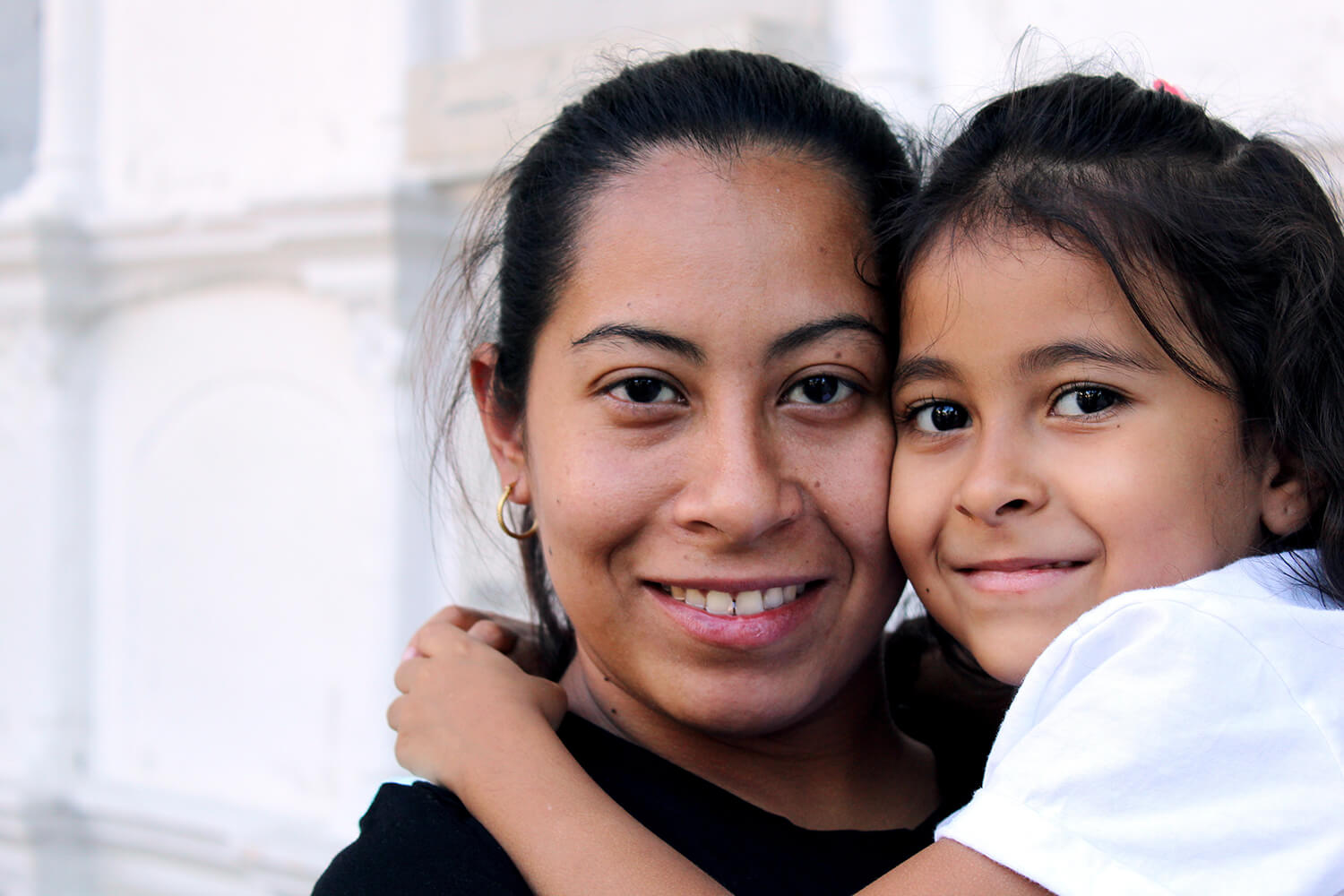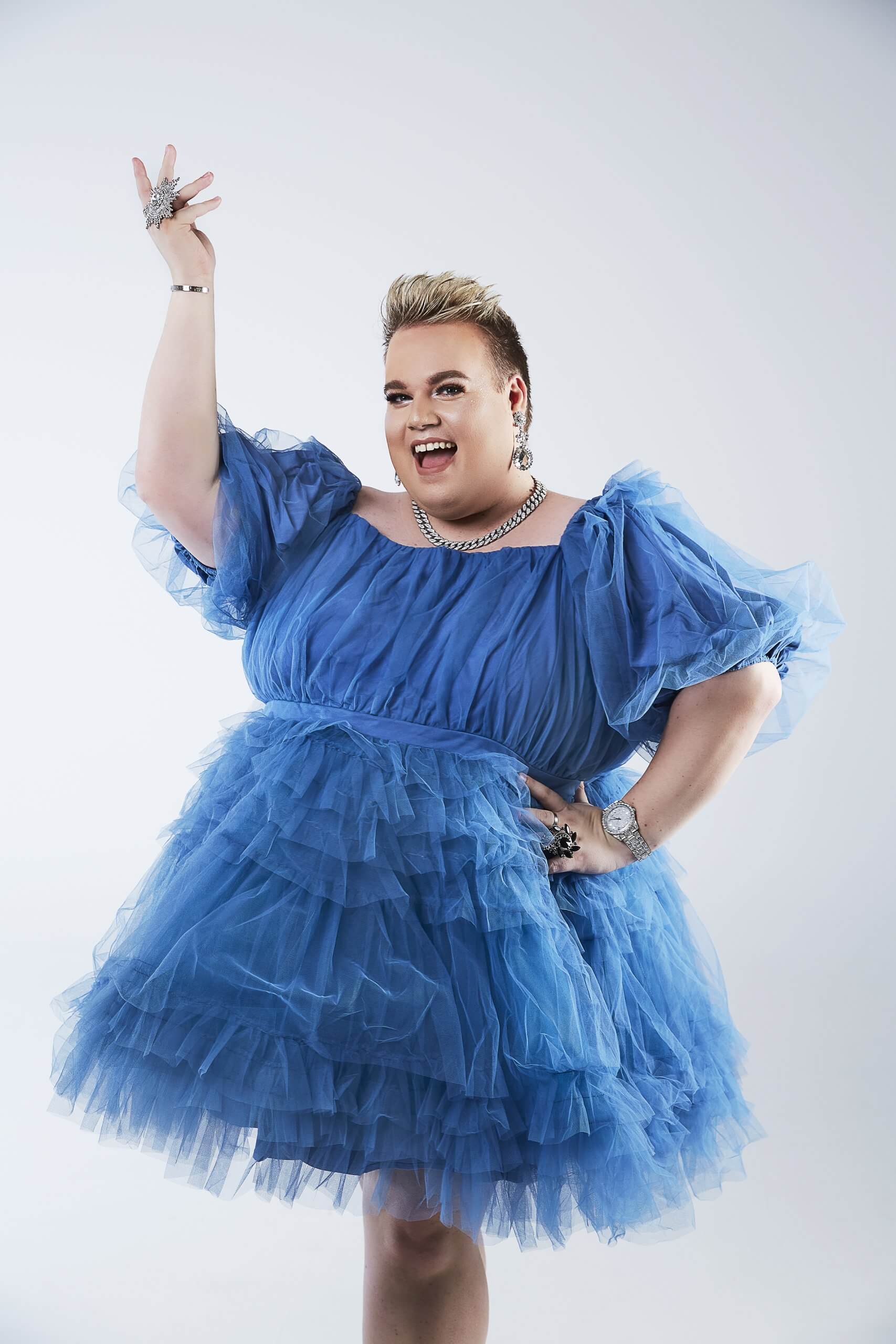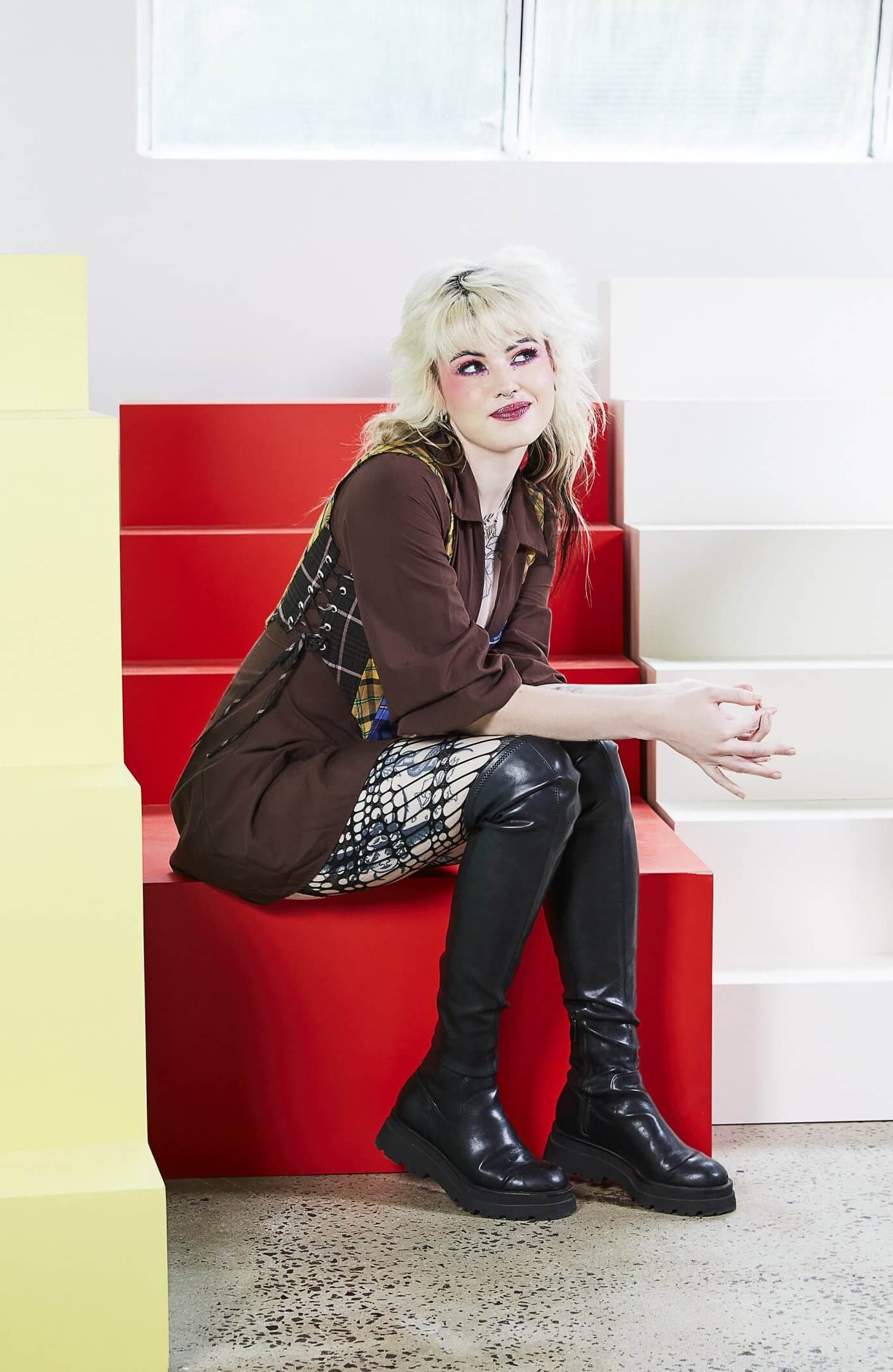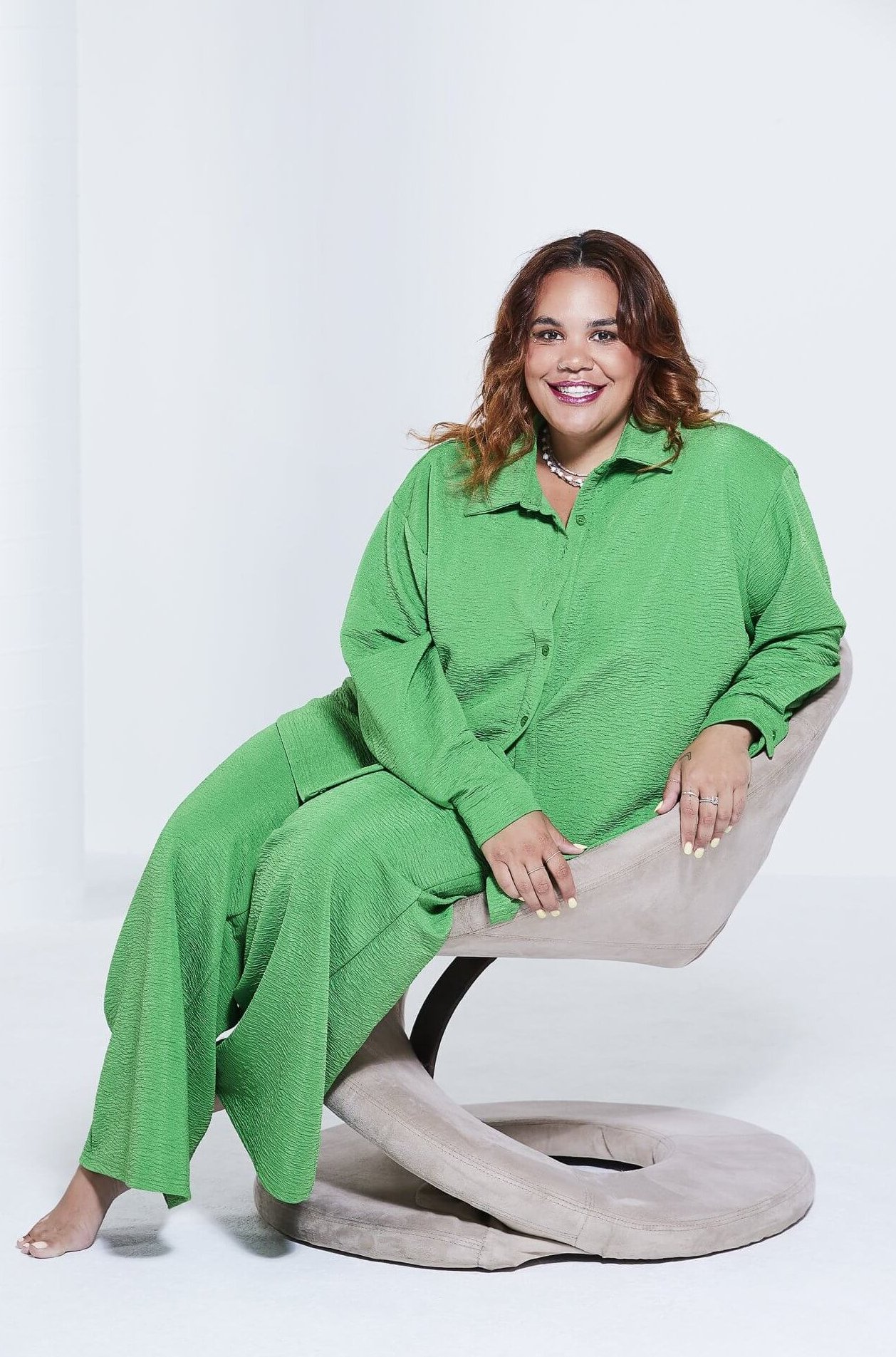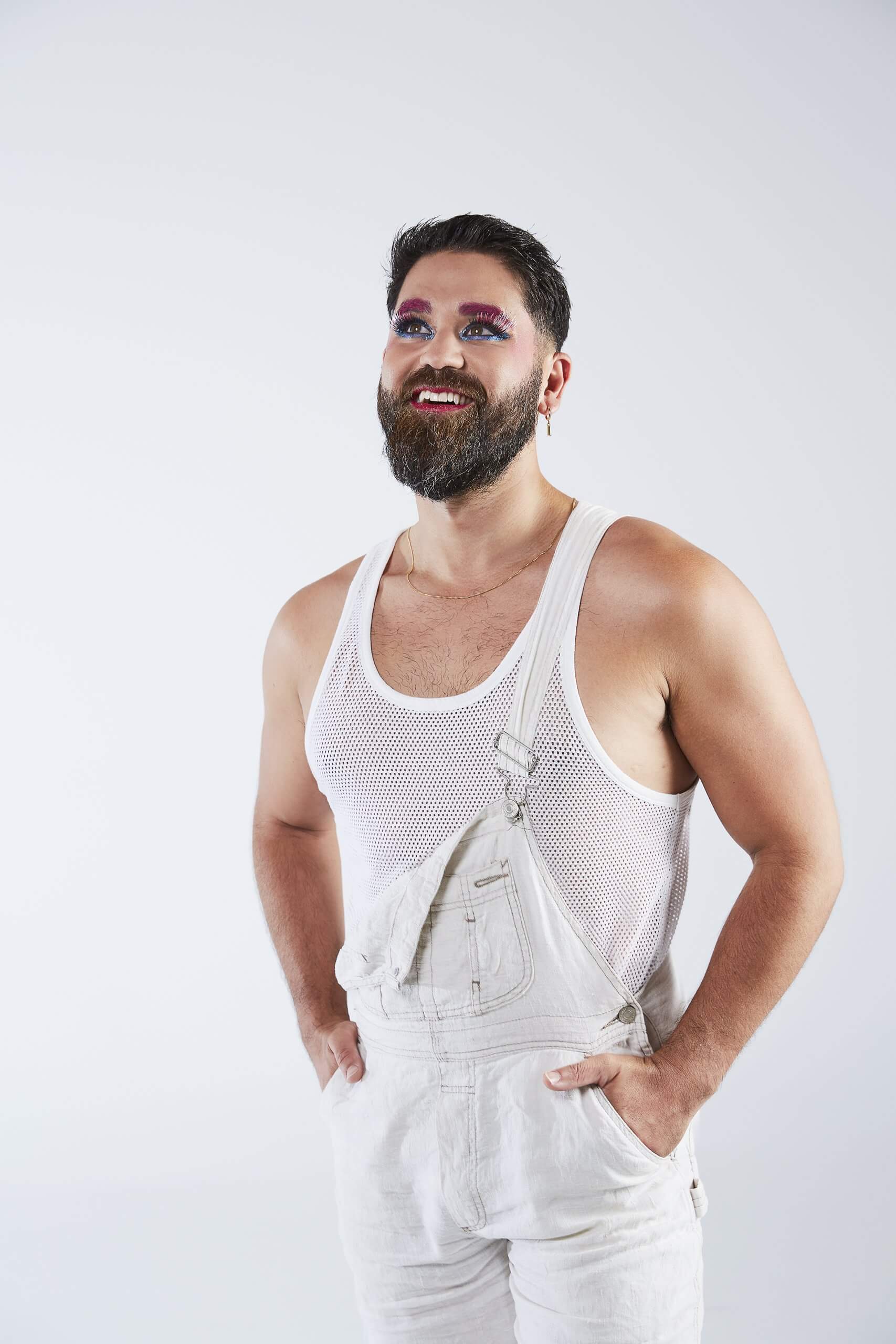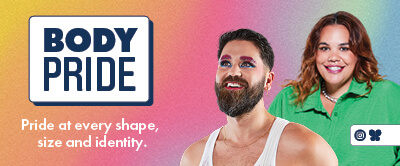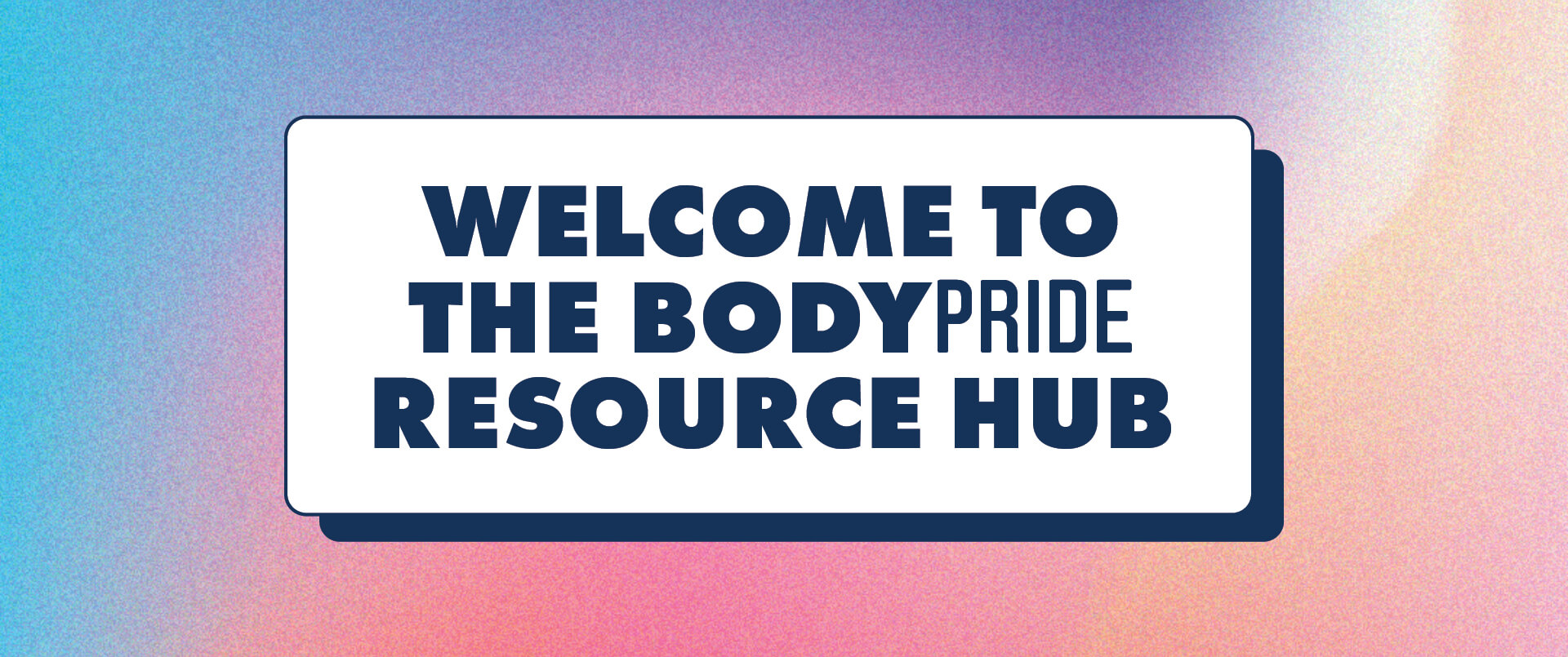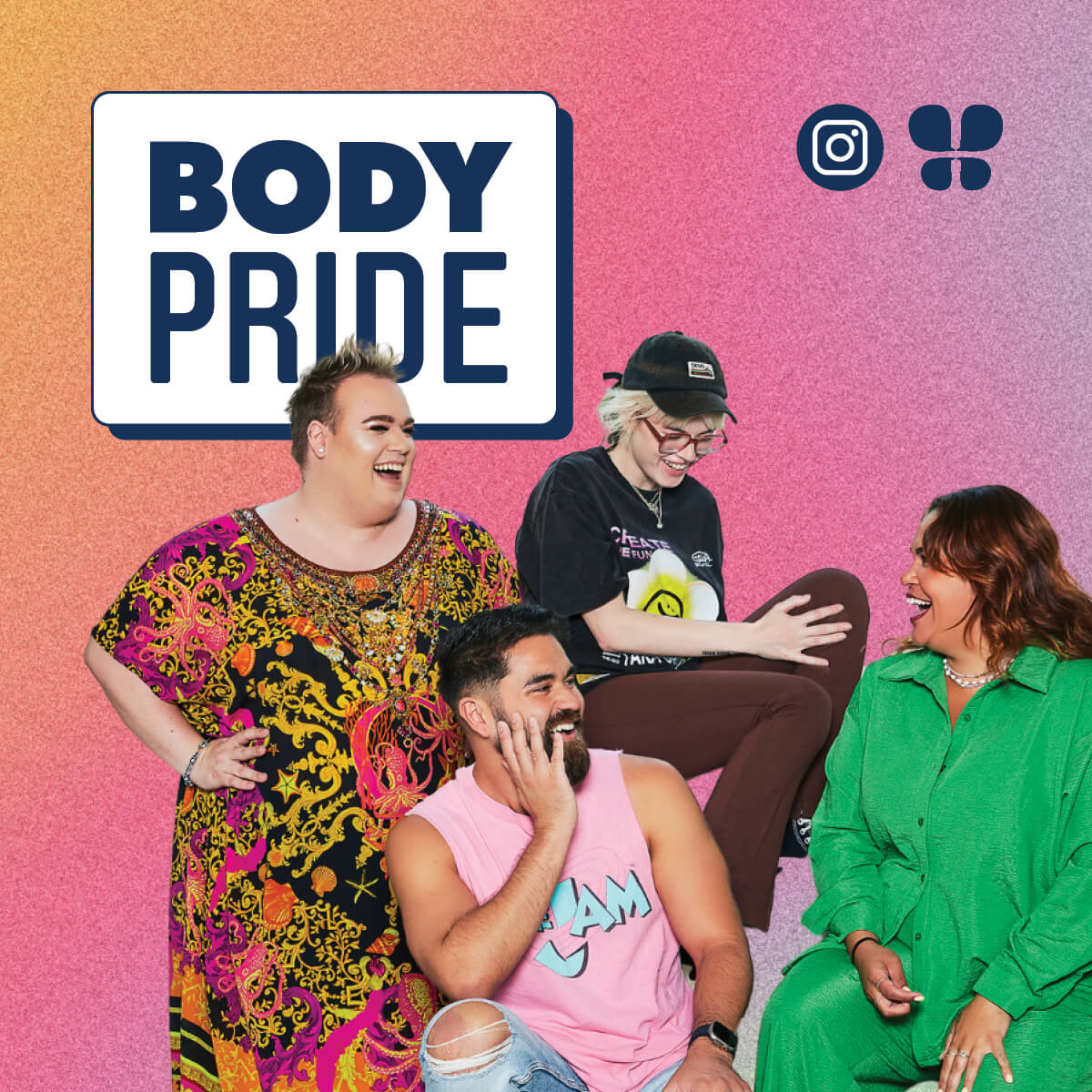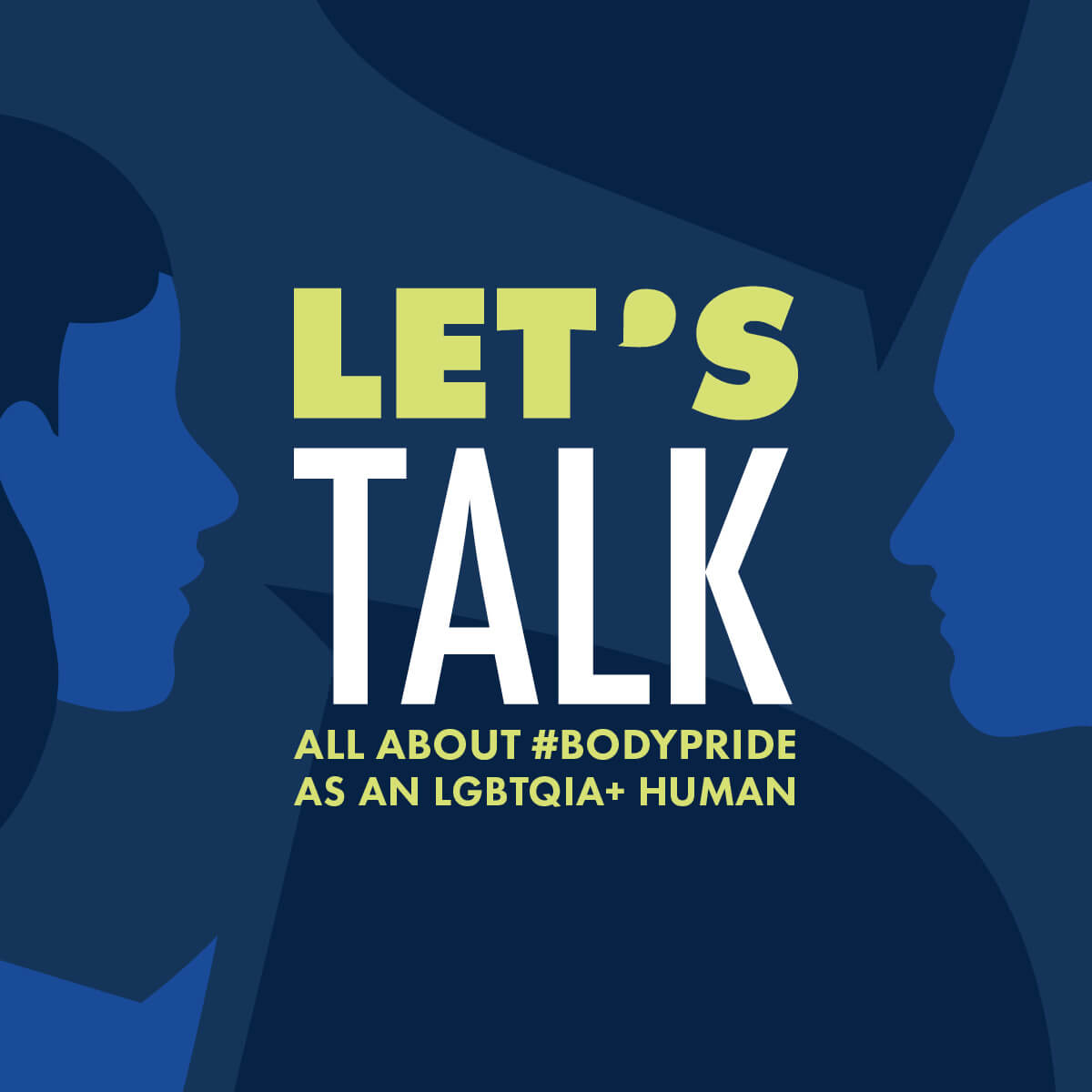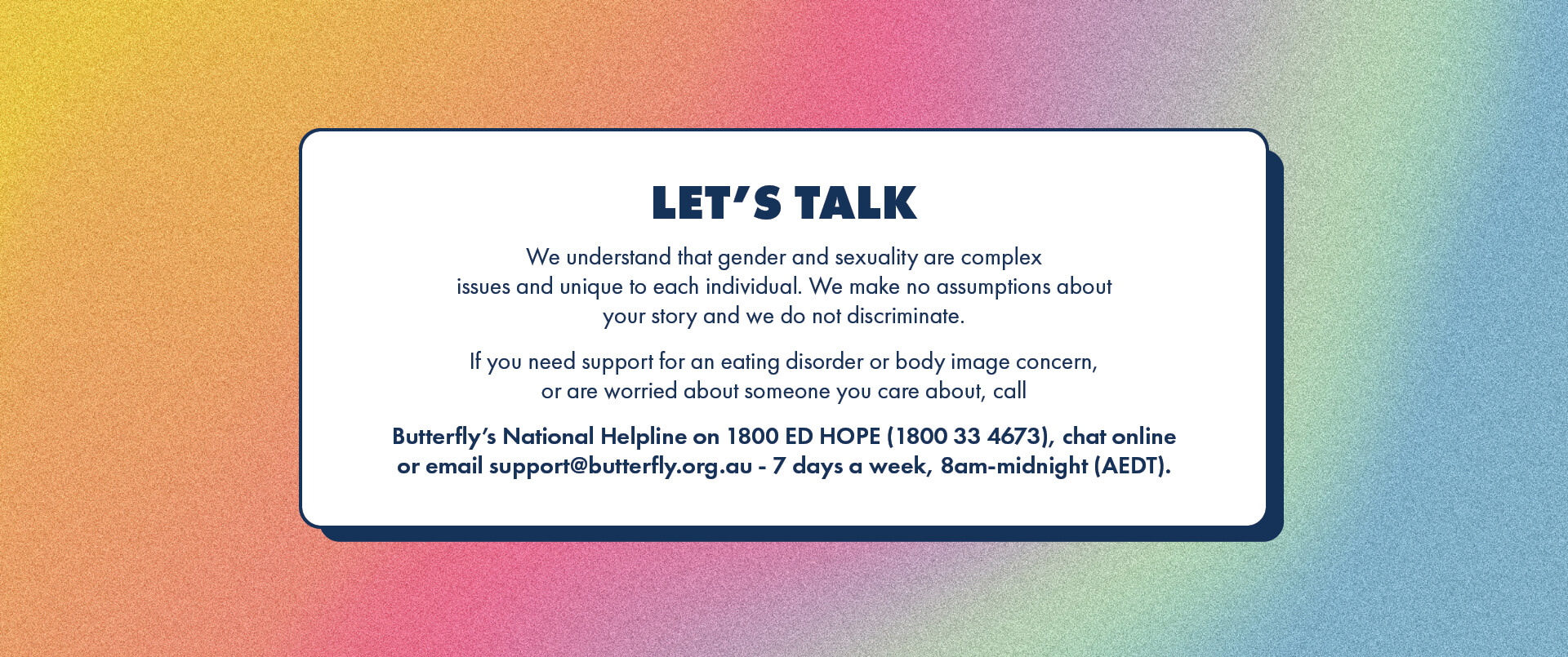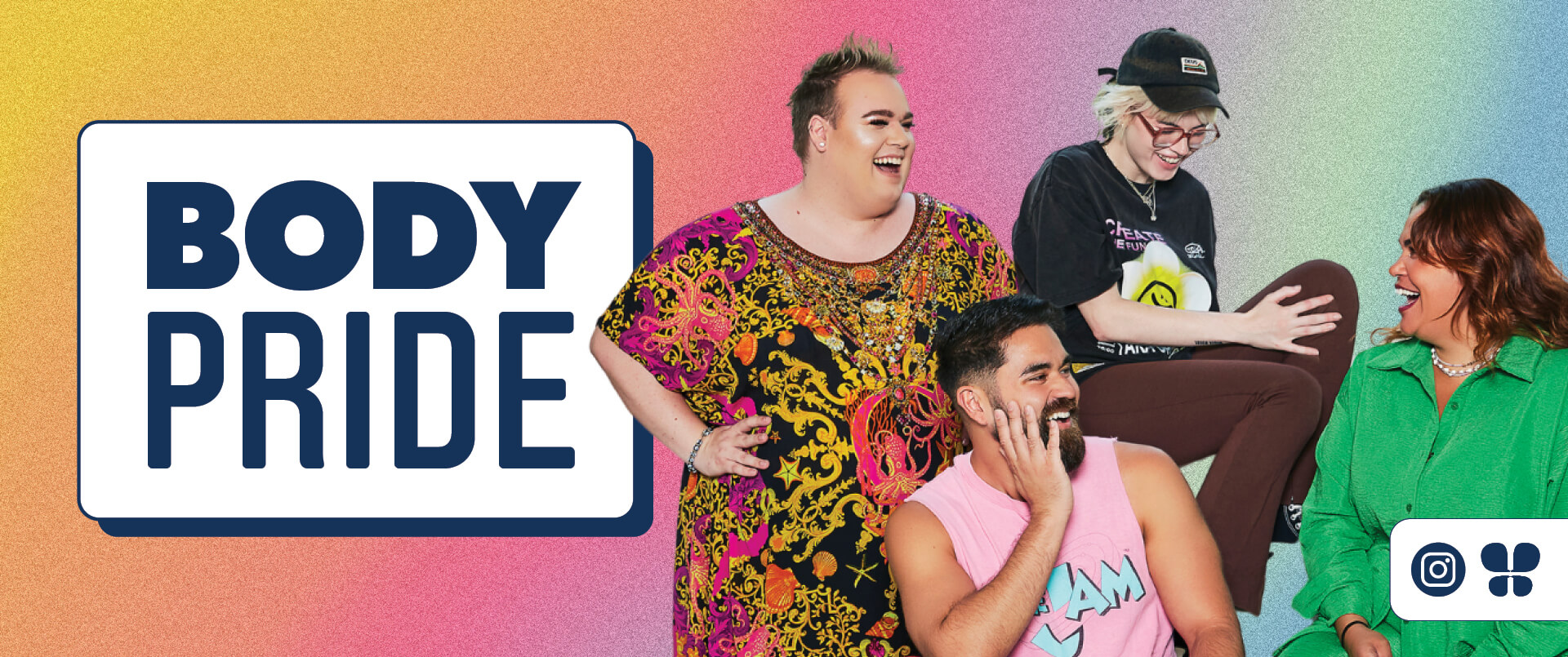
Welcome to #BodyPride
This Mardi Gras, we’re spreading awareness that your body and appearance does not define your worth.
No matter your size, shape, or identity – we all deserve to feel PRIDE in ourselves and our bodies.
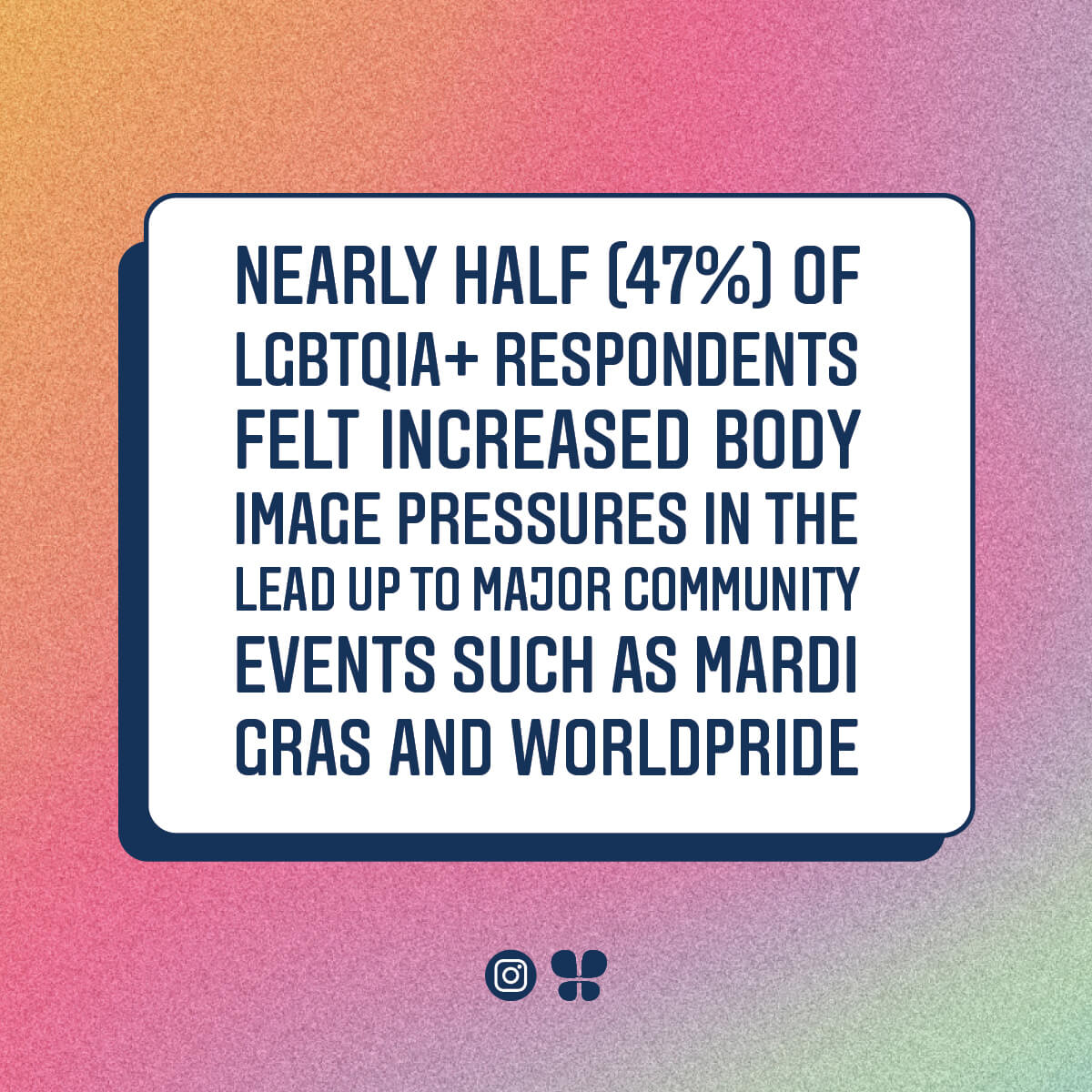
While Mardi Gras is usually a time of celebration, love and pride, we know it can be difficult for some LGBTQIA+ people.
It’s because of intense and unrealistic expectations of what you “should” look like, amounting in anxiety and pressure that can leave people vulnerable to engaging in disordered eating and exercise behaviours in an attempt to change their bodies.
In partnership with Instagram, Butterfly is proud to launch #BodyPride – a campaign dedicated to supporting the LGBTQIA+ community to address and challenge these negative conversations around body ideals and appearance that can spike in the lead up to and during events like Mardi Gras.
Watch four of Australia’s top LGBTQIA+ creators share their experiences and tips for celebrating all bodies and showing up authentically during Mardi Gras, World Pride and beyond.

Why is #BodyPride so important?
Our #BodyPride Survey collected the insights of over 1000 LGBTQIA+ individuals. The results revealed…
- Over half (54%) of people identifying as LGBTQIA+ believe there is an expectation to look a certain way in the LGBTQIA+ community.
- Nearly two thirds (64%) of gay men believe this.
- Nearly half (47%) of the LGBTQIA+ community say they experience increased body image pressures in the lead up to Mardi Gras.
- Well over half (59%) of gay men and queer folk say they have experienced these pressures in the past.
- Lesbian individuals are also affected. 54% of respondents said they feel pressures around how they look during Mardi Gras.
- In total, over a third (36%) of LGBTQIA+ people engage in restricted eating, fasting, or dieting in the lead up Mardi Gras.
We also know that:
- LGBTQIA+ adults and adolescents experience greater incidence of eating disorders and disordered eating behaviours, more severe symptoms, and longer delays between diagnosis and treatment.
- Homophobia, transphobia, gender dysphoria, discrimination, bullying, trauma, abuse, and alienation from friends or family members all result in high levels of emotional stress. In addition to other risk factors, these issues can contribute to body image issues or eating disorders.
We’ve partnered with Instagram to spread awareness of #BodyPride, encourage help-seeking and provide support and resources for LGBTQIA+ people, their loved ones, and allies.

What you can do
- Make this #WorldPride a celebration of #BodyPride too!
- Embrace your authentic self – you deserve to feel pride in your body
- Know that you are worthy just as you are
- Resist pressures to alter your unique appearance, body shape, or size
- Ditch the Mardi Gras diet and/or any other restrictive diet
- Share the #BodyPride message with friends and community
- Use your social media platforms to celebrate diversity and promote body kindness
- Reach out for help if you’re struggling with eating and/or your body image
- Remember the Butterfly National Helpline is a safe and caring space to talk about eating, body image and appearance concerns.
Butterfly’s Helpline counsellors are trained in LGBTQIA+ safety and are here to support you, your loved ones and allies.
Contact our helpline Visit the #BodyPride Resource Hub

Tips for having #BodyPrideOnline
- Mute or unfollow people/accounts that make you feel negatively about your body or your identity. With an alarming majority (87%) of LGBTQIA+ people aged 18-29 saying that they compare themselves to other people on social media, don’t be afraid to block the account if muting isn’t enough.
- Diversify your feed and follow varied bodies and appearance, so you see content that makes you feel body confident, empowered and inspired.
- Use Hidden Words, to automatically hide offensive comments and messages – go to privacy settings > ‘Hidden words’ and enter any words, phrases or emojis you don’t want to see in comments and messages. Instagram will also work to no longer recommend content with those words in the caption or the hashtag.
- Make connections, not comparisons – following people from the LGBTQIA+ community can help you build connections with like-minded people but try not to compare. In fact, research data showed that 51% of total respondents have been able to build a sense of community on social media, with over three quarters of non-binary, gender fluid, trans (76%) and Queer (75%) people claiming to have found friends over social media, creating a safe space for the community to thrive.
- Share authentically by avoiding the use of face or body-changing filters and apps – showcase the real you!




